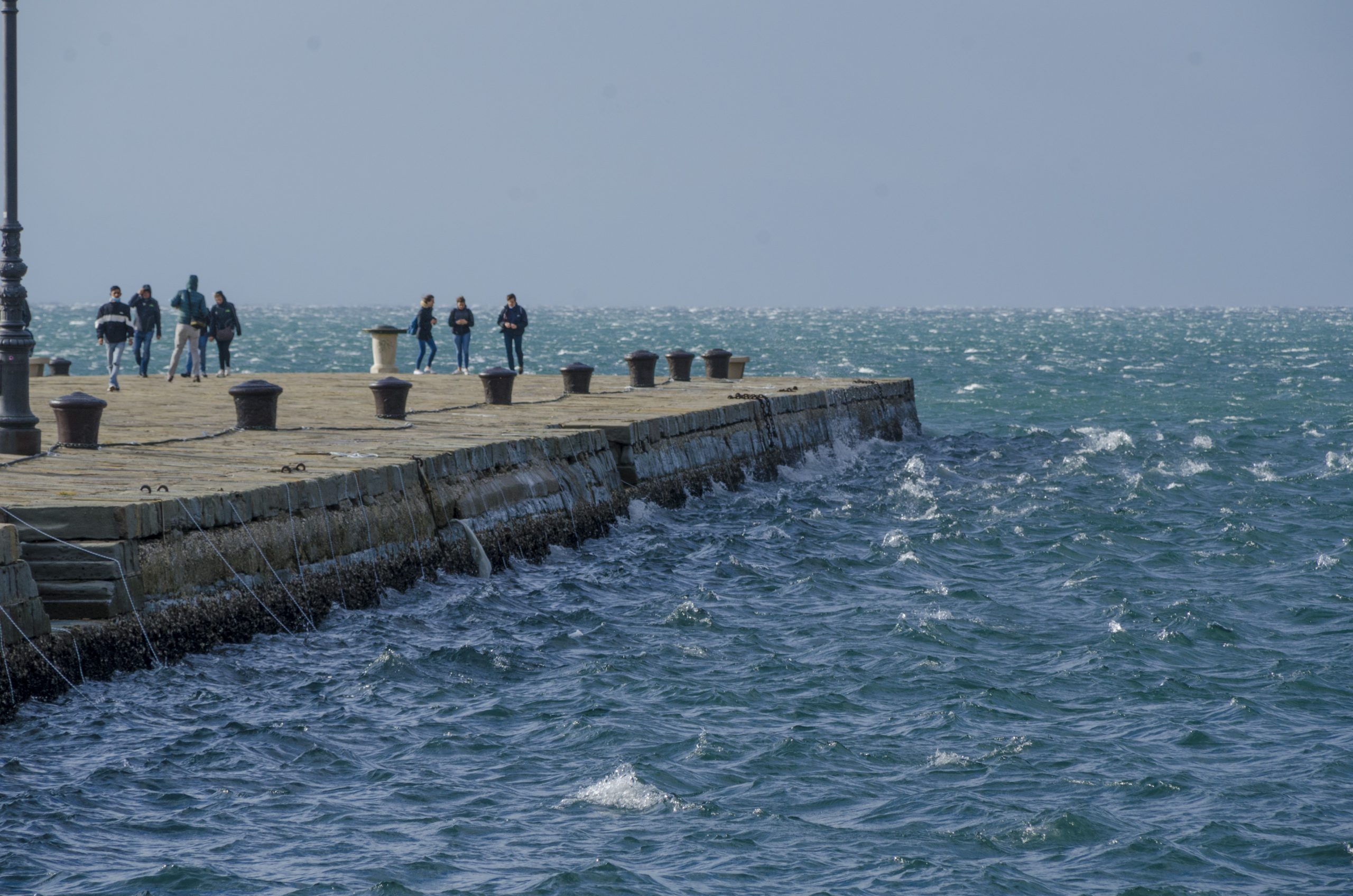by InTrieste
Italy’s largest trade union, the CGIL, has called for a nationwide general strike on Friday, Dec. 12, in protest against the government’s proposed 2026 budget, escalating tensions between organized labor and Prime Minister Giorgia Meloni’s administration.
The announcement came Friday during a CGIL assembly in Florence, where Fulvio Fammoni, the union’s assembly president, criticized the draft budget as structurally inequitable. “We are striking against a flawed budget law and against all the measures that have piled up over the years,” he said, arguing that the plan “rewards the richest and not the poorest, encourages inequality, and envisions essentially zero growth.”
Maurizio Landini, the CGIL’s secretary general, attended the event, reinforcing the union’s call for sweeping policy changes. CGIL listed demands including the renewal of national labor contracts; increased investment in public health, education, local government and long-term care; expanded housing protections; and stronger measures to tackle job insecurity and workplace safety concerns.
The government, which has framed the budget as fiscally responsible while attempting to maintain support for families and businesses, reacted with irritation. In a pointed post on X, Ms. Meloni appeared to mock the union’s choice of a Friday for the strike, asking, “On which day of the week will 12 December fall?” Deputy Prime Minister Matteo Salvini struck a similar note, inviting Mr. Landini “to give up the long weekend and organize the strike on another day.”
The strike will take place two weeks after another nationwide walkout, scheduled for Nov. 28 and called by the USB and CUB unions, also in opposition to the budget. Public transport services and other key sectors are expected to be affected, though detailed plans have yet to be announced.
CGIL said further information would be provided closer to the date. For official service updates, travelers and commuters are advised to consult the Ministry of Transport’s channels and local authorities.
































